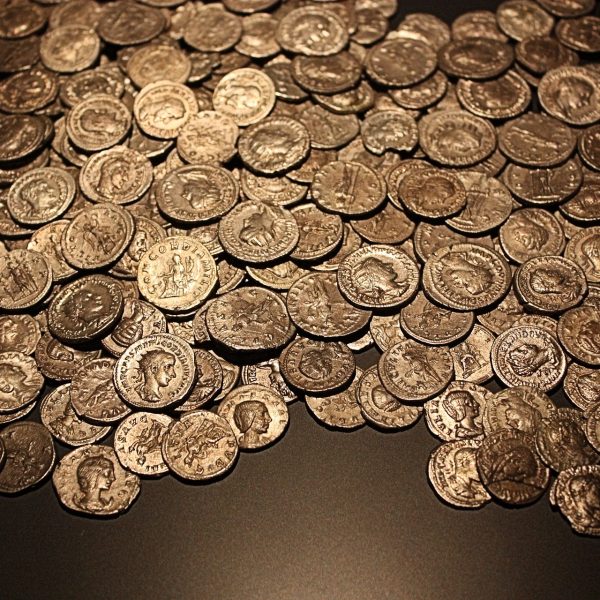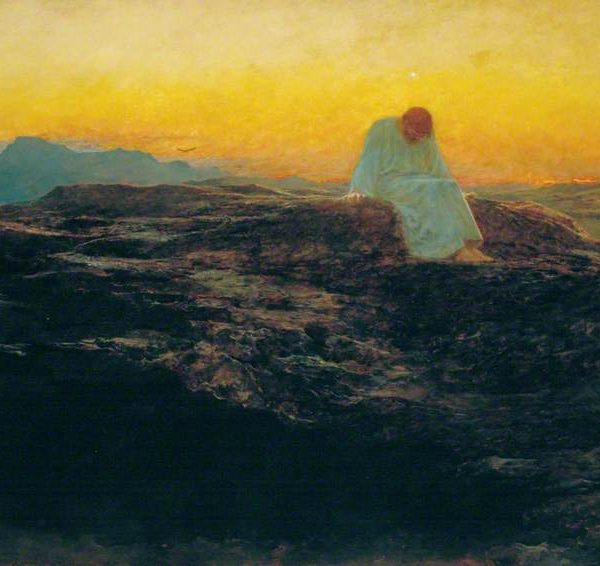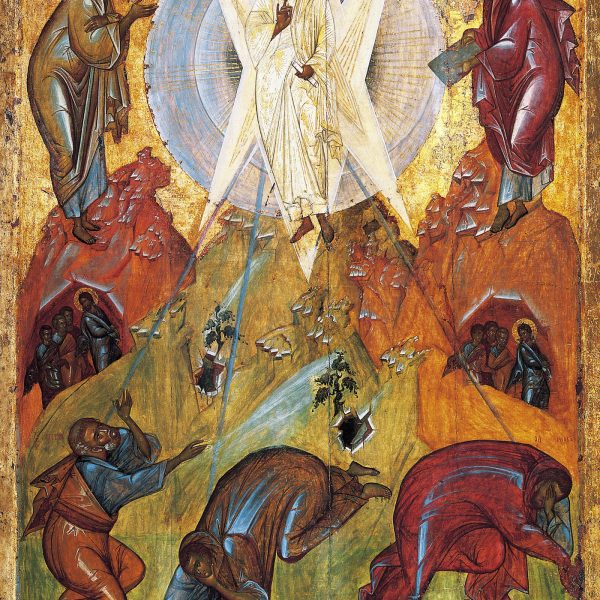
The Magnificat is a song that disrupts both gender and hierarchical spaces. It is a song of anticipation and a song of realization. And as we meditate on this song during advent, we meditate on the nature of advent that is both a time of anticipation and realization. Advent is an ambiguous space that invites us to anticipate and realize the erasure of differences here and now.

Compassion and solidarity make for a powerful bond between God and humanity.

Panic leads us into the fruit of the flesh rather than living out the fruit of the Spirit. It distorts the Christian message and often leaves us like burning husks on the side of the road.

The only true way to achieve success—even success in bringing justice to those who seek it, redistributing wealth towards the poor, and divesting oppressive hierarchies of their power—is to place our faith in God’s will for the world, and to follow God’s will for our lives, no matter where it leads.

We must learn to subvert the economic model of our rulers by reconnecting with older models based on reciprocity, hospitality, and love.
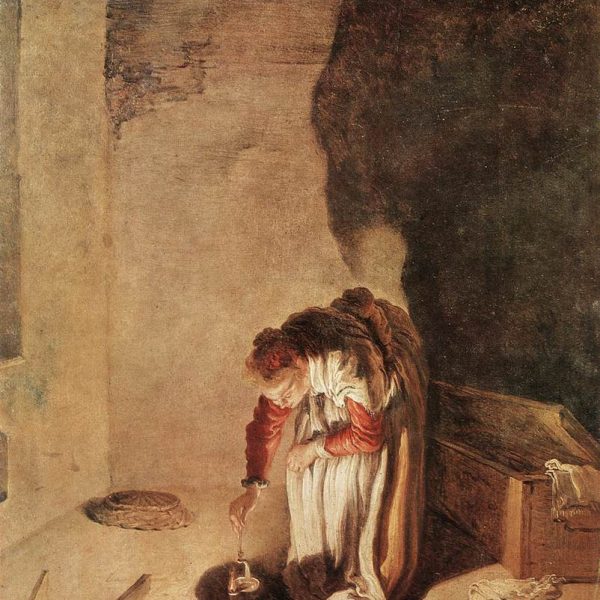
The two stories of Luke 15:1–10, which we might call “parables of the remainder,” illustrate a core component of the Christian political orientation. That is, they highlight the alternative logic of much of the Judeo-Christian scriptures that urges us to foster solidarity in community through identification with the remainder, with the least of these, and to thereby bring justice and liberation.
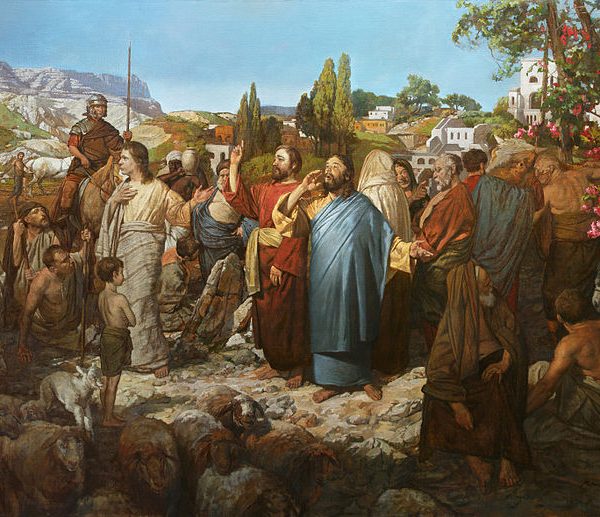
Jesus does not command those with privilege to make space at their tables, to give a portion of their excess to charities, or to invite a disadvantaged neighbor to join the feast. No, Jesus invites those with privilege to put off their privilege, and then to use the excess that their privilege has still provided to feed not their fellow privileged friends, but those who are most in need.
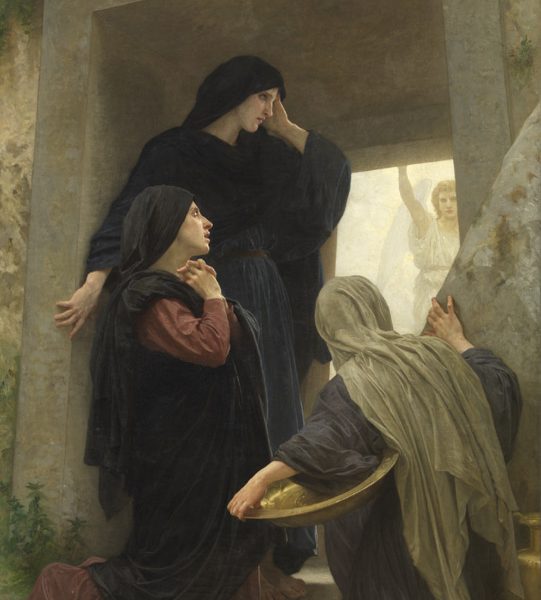
The story of the Resurrection of Jesus Christ is the foundational memory of Christianity. It is a story that not only tells of God’s power over death and the fragility of the empire’s power over life, but also demands that all perspectives be heard, in a grand cacophony of voices, all in common song, singing of the impossible mystery: Jesus is risen, indeed.

